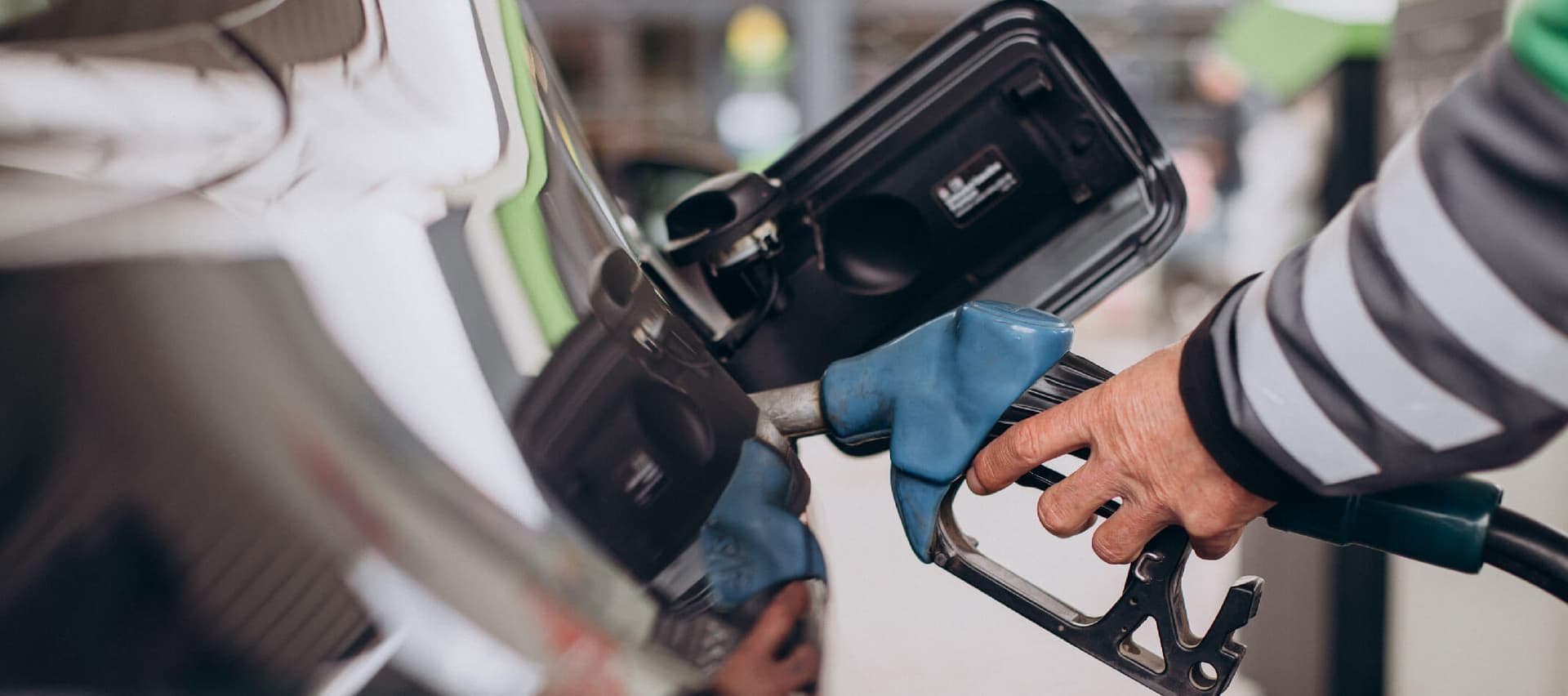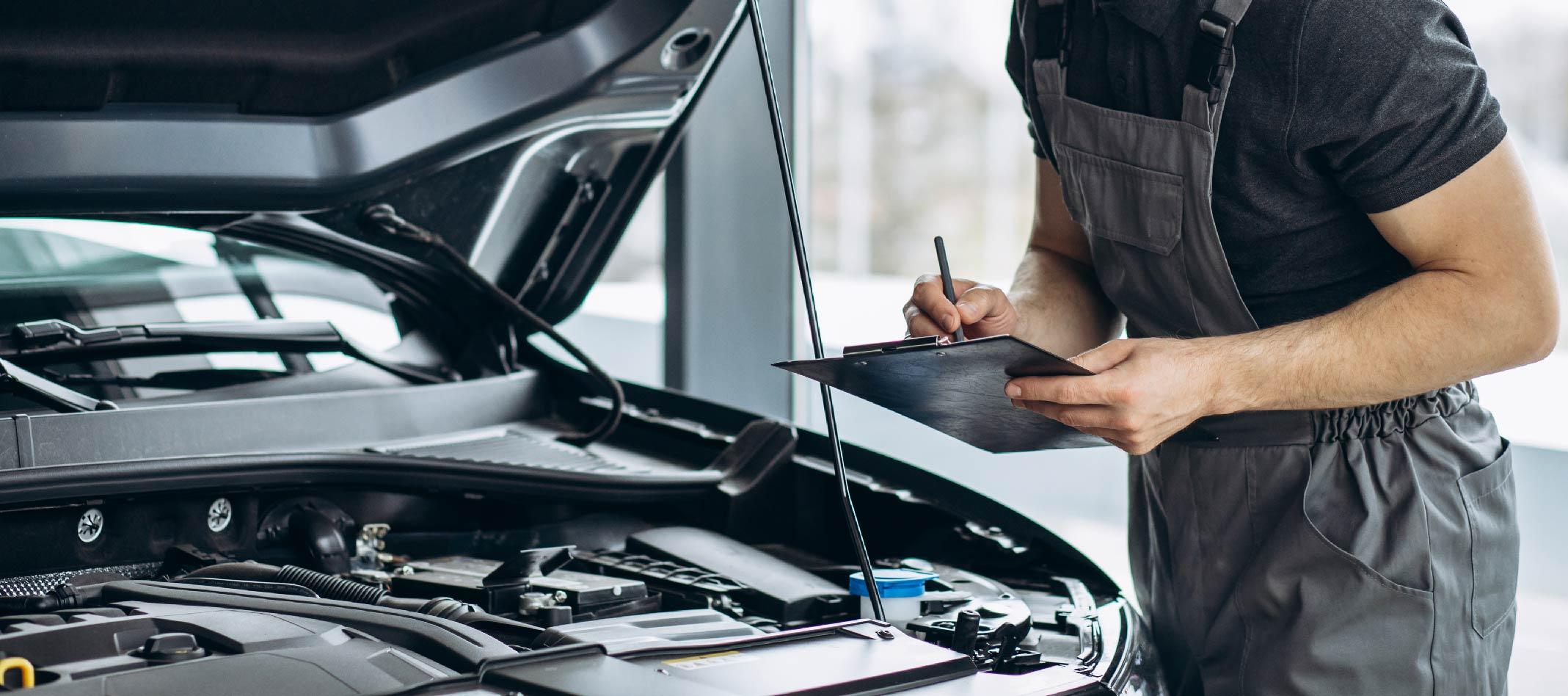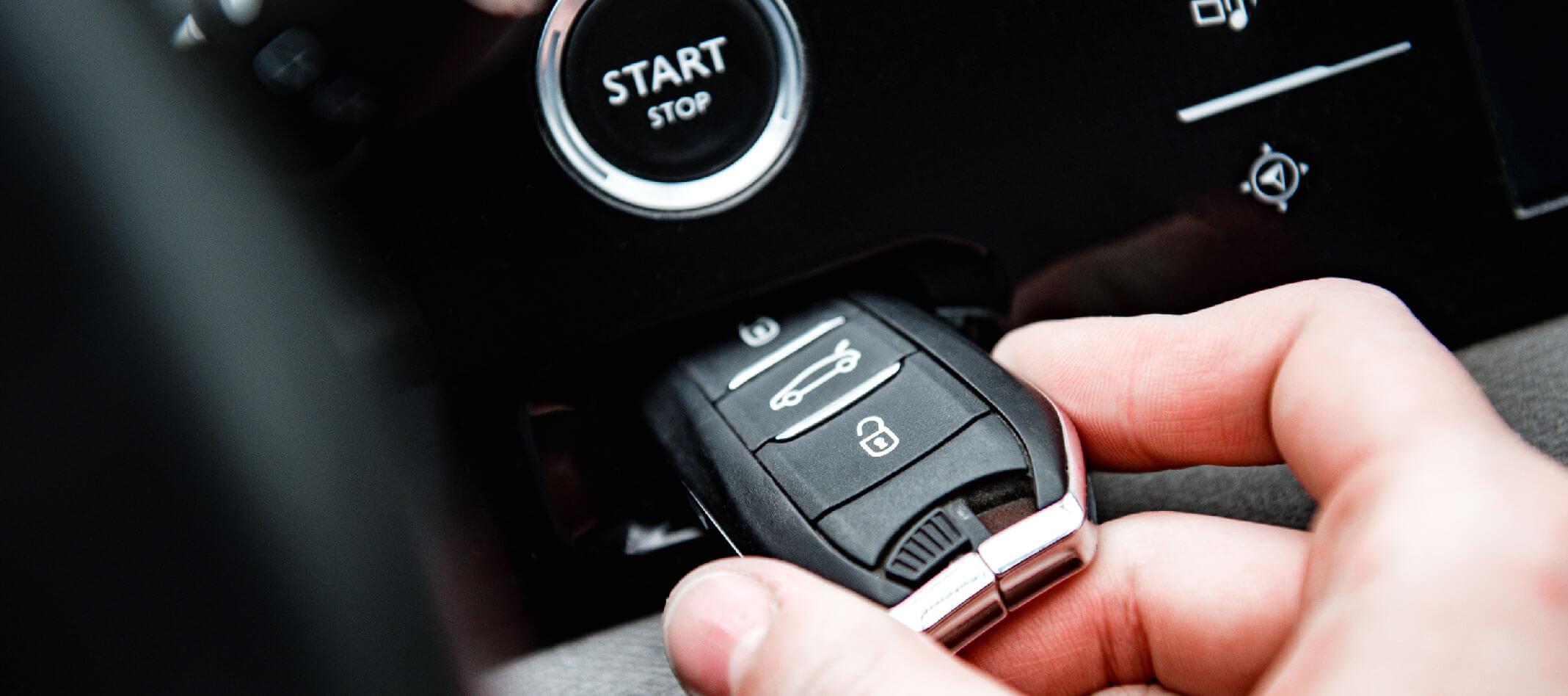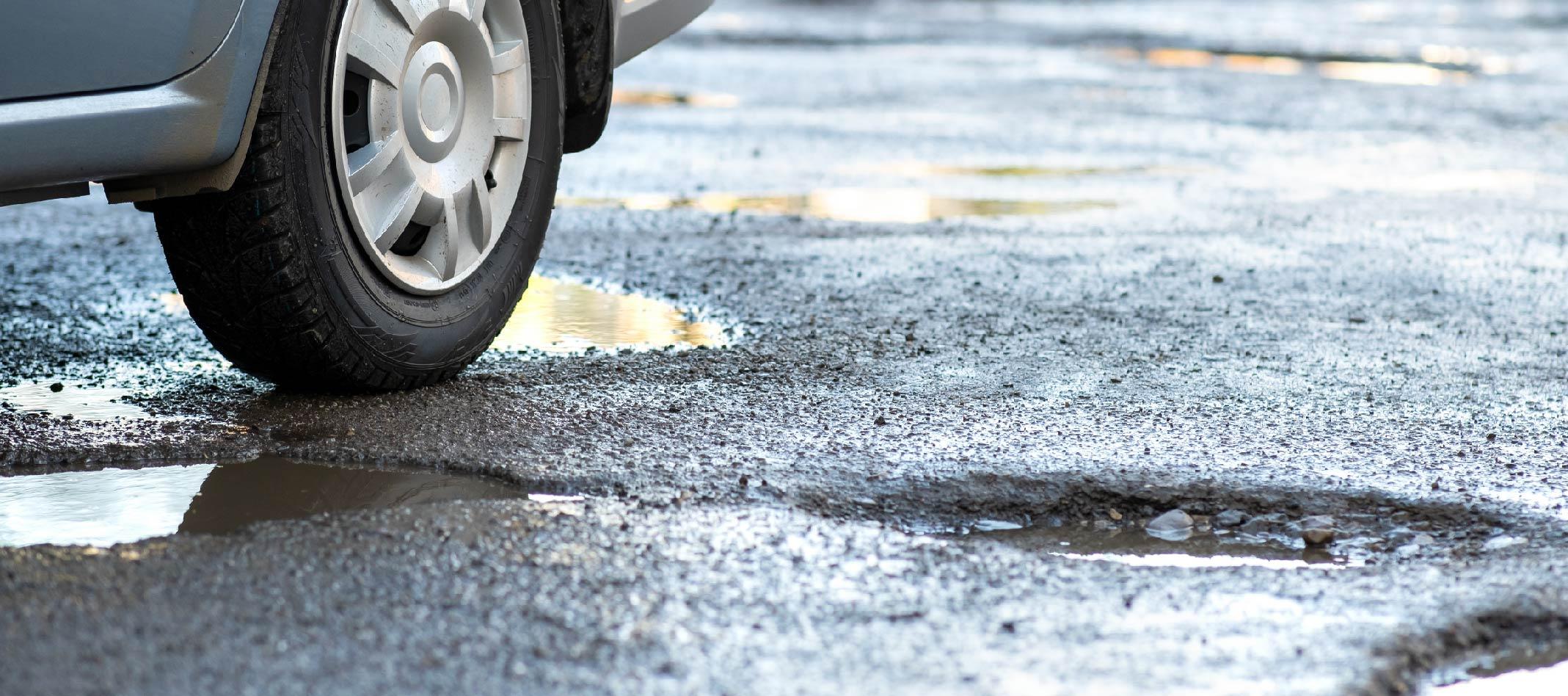Fuel saving tips
With fuel prices set to remain high for some time, it’s worth drivers doing what they can to make their fuel go further. Check out this blog to find out what you can do to save money at the fuel pump!

How driving economically can save you money
In March 2022, we saw the price of petrol and diesel rise at the fastest rate in over 30 years, causing mayhem at fuel stations across the country as panicked drivers queued to fill up their tanks (and jerry cans) before prices increased even further.
According to the Office for National Statistics, the average cost of petrol in March 2021 was 123.7 pence per litre – fast forward a year later and the price of petrol increased by over 25% with drivers paying 160.2 pence per litre. For diesel, the average cost in March 2022 was 170.5 pence per litre, the highest rate ever recorded.
"The 12-month rate for motor fuels and lubricants was 30.7%, the highest since before the start of the historic modelled series in January 1989."
- Office for National Statistics, 2022
With fuel prices set to remain high for some time, it’s worth drivers doing what they can to make their fuel (and money) go further.
1. Remove unnecessary weight from the boot
We’re all guilty of using our car boots as a space to store items destined for a friend or family member, the local charity shop, or the skip. But, the bin liners full of old clothes, unused toys, and unwanted books soon become forgotten about and before you know it, you’re driving around with an extra three kilos in the boot.
Set some time aside to clear out your car boot – not only will this free up space for necessary car items I.e. first aid box, puncture repair kit, and jumper cables, your car will be lighter which means that it will be using less fuel when you’re driving around. Who knows... you might even find the kids’ lost football boots or your long-lost gym bag when organising your car boot?
2. Remove roof racks and roof boxes when not in use
With the UK being in the height of 'staycation season', it can be easier to keep roof racks and roof boxes secured on the top of your vehicle ready for the upcoming camping trip or caravan holiday, rather than removing them. However, the weight that these items add means that your car’s engine is working harder to get up to speed; increasing drag and your fuel consumption!
Even if you decide to keep your roof rack and/or roof box on your vehicle during the week (when you’re driving to and from work or on the school run), it’s worthwhile removing the heavier items, such as camping equipment, from your roof rack and/or roof box so there’s no unnecessary weight being added to your car.
3. Avoid aggressive acceleration
The AA recommends that you accelerate gently and decelerate smoothly to help reduce the amount of fuel your car, van, or motorbike consumes.
Being mindful of the road ahead means that you’re able to keep up with traffic (instead of putting your foot down to catch up with the vehicle in front of you) and avoid breaking at the last second – you’ll also be helping to keep yourself and other road users safe.
4. Turn off the air-con
Did you know that when travelling at low speeds, having the air-con switched on increases the amount of fuel your car or van uses? Because of this, it’s a good idea to opt to wind down the windows instead of having the air-con on when driving >30mph.
Top tip
Make sure to run your air-con at least once a week as it helps to keep the system in good condition.
When it comes to servicing your air-con, most manufacturers recommend that this is done every other year, so it continues to run efficiently. If your air-con is blowing cold air, it won’t demist the windows as quickly, meaning that more fuel will be used as the engine works harder than it would usually do to clear the windows of any mist.
As well as the air-con, there are a number of electrical appliances in your vehicle that you can turn off when not in use. For example, your rear window heater and headlights (when driving in daylight); all of which increase your fuel consumption when in use.
5. Change gears early
For a number of years, manufacturers have fitted vehicles with a gear shift indicator to encourage drivers to use the most efficient gear for the speed (and incline) they are travelling. For diesel cars, the AA recommends that you change up gears at an engine speed of 2,000 RPM and for petrol cars, you should change up gears at 2,500 RPM.
Whether you drive a car, van, or motorbike, implementing just one or two of these tips will reduce the amount of fuel your vehicle uses, helping you to save money!
Information includes references to:
Auto Express – Fuel retailers keep 4p-per-gallon out of 5p duty cut aimed at drivers
Office for National Statistics – Consumer price inflation, UK: March 2022
You may also like...
Advice | Apr 2024
Do I need an MOT? The importance of servicing a car
Press releases | Apr 2024
Finance expert reveals tips on budgeting for your dream car
Press releases | Apr 2024
Expert reveals how to spot and avoid car finance fraud
Advice | Mar 2024




